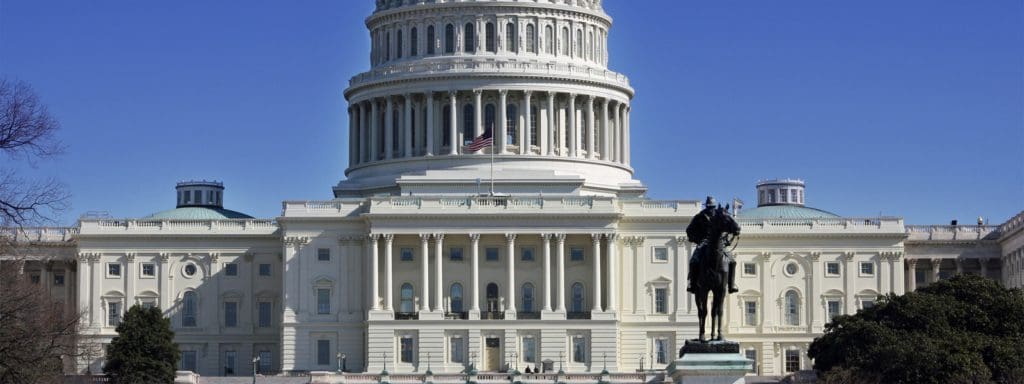Spring has sprung early in DC, and with it some important issues affecting nonprofits, like the release of the president’s budget for Fiscal Year 2021, and updates on the sale of the Public Interest Registry, among others. Read the DC Download to be appraised on these important issues.
Ethos Capital offers concessions for purchase of Public Interest Registry
Last week Ethos Capital, the prospective purchaser of Public Interest Registry (PIR) and the .Org domain, established a $10-million Community Enablement Fund to support the .ORG community and will hold an hour-long online discussion tomorrow, February 27 from 3:00-4:00 pm ET—The Nonprofit Times reported.
Last year Ethos Capital entered into a deal to purchase PIR for $1.13 billion, causing an immediate uproar in the nonprofit community since PIR controls the .ORG registry. According to the venture capital firm, this new proposal includes “legally-binding measures that enforce price limits, safeguard against censorship and protect personal data” through an amendment to PIR’s Registry Agreement with the ICANN that allows PIR to operate the .ORG top-level domain. The amendment is codified in what is known as a Public Interest Commitment (PIC).
PIR has granted ICANN an additional extension to March 20 to review PIR’s submissions. The principals from Ethos, PIR, and the Internet Society will host a community discussion on Thursday from 3-4 p.m. EST to provide additional details on these important commitments. More information about this event may be found at keypointsabout.org/events.
Independent Sector joins hundreds of nonprofit organizations in expressing opposition to this deal, and we urge you to add your name or your organization to that effort today.
2021 presidential budget released
The president’s budget for Fiscal Year 2021, titled Budget for America’s Future, was released on February 10. Beyond changes to mandatory spending, and taxes, the president’s budget calls for the wholesale elimination of a wide range of programs of interest to the charitable sector.
These programs include the McGovern-Dole Food for Education program, 21st Century Community Learning Centers, Community Services Block Grant, Low Income Home Energy Assistance Program, Community Development Block Grant, Senior Community Service Employment Program, Corporation for National and Community Service, National Endowment for the Arts, National Endowment for the Humanities, Institute of Museum and Library Services, National Wildlife Refuge Fund, as well as the Public Service Loan Forgiveness program. Read more about the president’s budget for FY 2021.
New Online Form 1023
The Internal Revenue Service (IRS) has revised Form 1023—Application for Recognition of Exemption Under Section 501(c)(3) of the Internal Revenue Code—to allow electronic filing of the form for the first time starting at the end of January.
The IRS expects the online Form 1023 to improve processing times in the same way that Form 1023-EZ, which is filed electronically, has helped to speed up the application process for small organizations. However, the 1023-EZ is less than four pages long with no attachments. It remains to be seen whether similar results can be achieved with the new online Form 1023, which is 40 pages long including all the schedules and requires numerous attachments.
Beginning January 31, 2020, applications for recognition of exemption on Form 1023 must be submitted electronically online at Pay.gov. The IRS will provide a 90-day grace period during which it will continue to accept paper versions of Form 1023 (Rev. 12-2017). The required user fee for Form 1023 will remain $600 for 2020. Applicants must pay the fee through Pay.gov when submitting the form.
Blackbaud Institute Index shows meager overall increase in charitable giving
Overall charitable giving grew by just 1% in 2019, according to data recently released by the Blackbaud Institute. The data—which tracks more than $36 billion from over 8,200 organizations, indicates that organizations fared differently depending on their size and subsector.
Weak growth in giving despite a strong economy is consistent with the latest data from Giving USA and the Fundraising Effectiveness Project. Tell your legislators to make the tax code fair by expanding charitable giving incentives to everyone.



